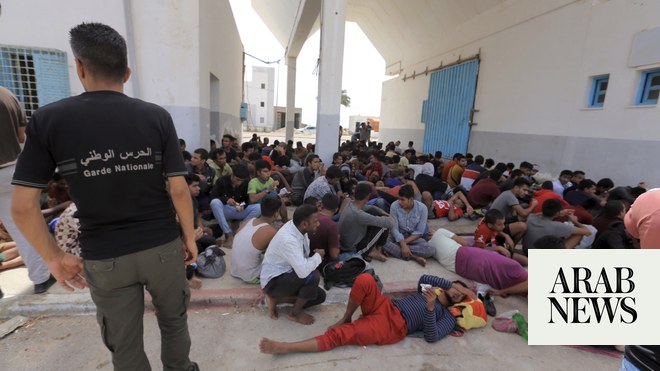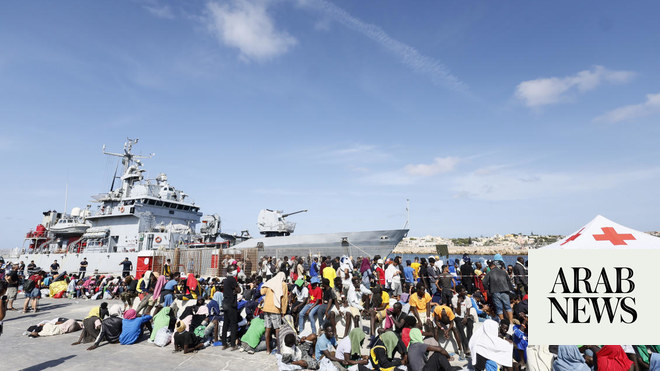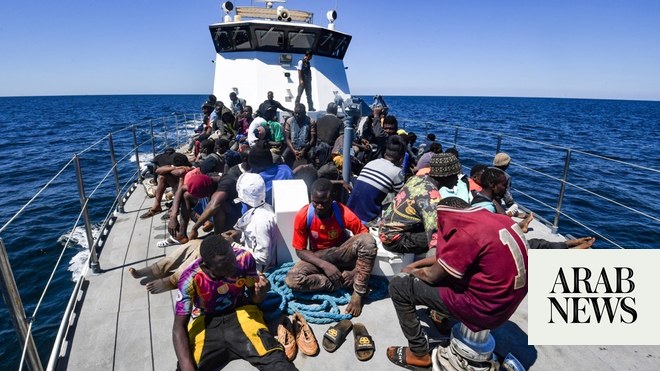
Tunisia will get 105 million euros to curb irregular migration, 150 million euros in budgetary support and 900 million euros in long-term aid
EU lawmakers, the bloc’s ombudsman and migrant assistance charities have questioned whether the deal with Tunisia meets European rights standards
Brussels: The EU is to start releasing money to Tunisia under a pact aimed at stemming irregular migration from the country, the European Commission said Friday.
A first payment of $135 million will be disbursed “in the coming days,” a commission spokeswoman, Ana Pisonero, said.
EU lawmakers, the bloc’s ombudsman and migrant assistance charities have questioned whether the deal with Tunisia meets European rights standards.
Under the agreement, a memorandum of understanding signed by commission chief Ursula von der Leyen in July, Tunisia will get 105 million euros to curb irregular migration, 150 million euros in budgetary support and 900 million euros in long-term aid.
Tunisia is one of the main launching points for boats carrying migrants trying to cross the Mediterranean for Europe, with most heading for Italy, in particular its island of Lampedusa.
The EU deal, strongly supported by Italy’s far-right government, aims to bolster Tunis’s coast guard to prevent boats leaving its shore. Some of the money also goes to UN agencies assisting migrants.
Pisonero said that, of the 127 million euros to be “swiftly” disbursed, 42 million euros came under the migration aspect of the July deal.
The rest was for previously agreed programs, with 60 million euros to help Tunisia with its budget.
The North African country is struggling with high debt and poor liquidity, and has suffered bread and power shortages.
Its hopes of accessing a $1.9-billion bailout from the International Monetary Fund are hobbled by a refusal to undertake IMF-mandated reforms.
Tunisian President Kais Saied has been criticized in Brussels for increasingly authoritarian rule.
The EU ombudsman, Emily O’Reilly, last week demanded the commission explain how the pact with Tunisia will not breach human rights standards.
MEPs have also raised that question, pointing out that hundreds of sub-Saharan migrants in Tunisia had allegedly in recent months been taken to the desert near the Libyan border and left to fend for themselves.
Tunisia has bristled at the criticism, and last week barred entry to a European Parliament fact-finding delegation.












